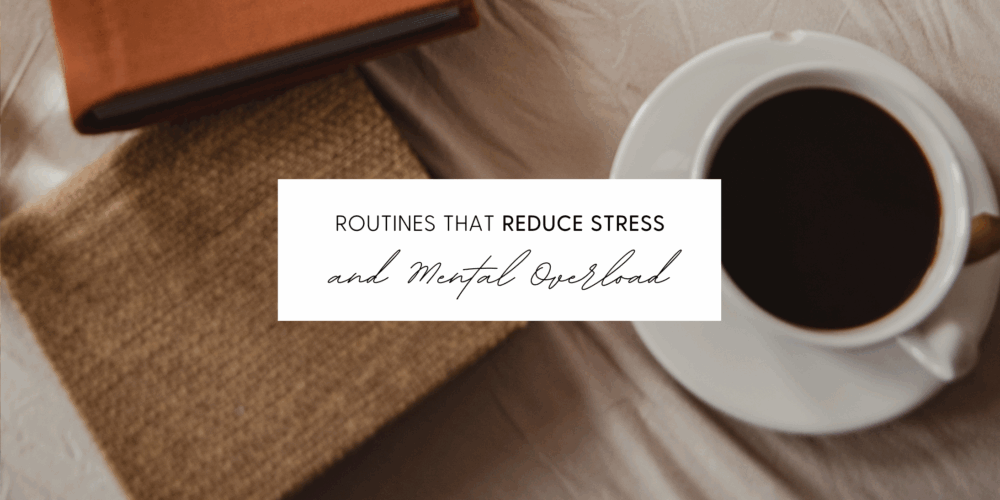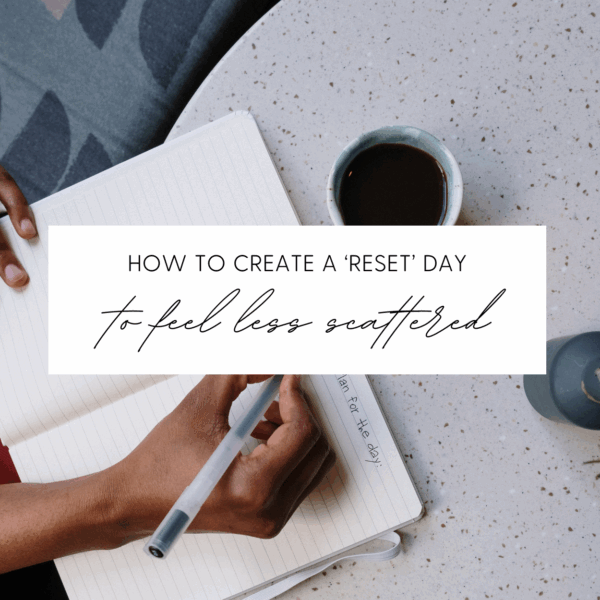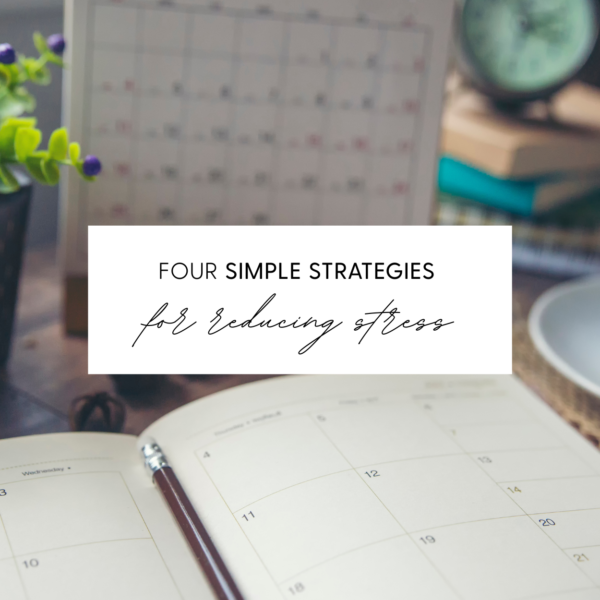There’s a comforting rhythm to routine, a quiet predictability that can feel grounding in a world that’s anything but. For some, the idea of structure feels rigid or stifling, like it’s meant to box you in. But when approached with intention, routine isn’t about restriction—it’s about creating a foundation that supports you.
Think about a time in your life when you felt truly balanced. Chances are, there was some kind of rhythm guiding you—a morning ritual, an evening wind-down, or even a consistent way you approached your meals. These small, steady habits are what help anchor us, giving our minds a sense of ease amidst the chaos.
Why Routine Matters More Than Ever
Our brains thrive on predictability. When you know what’s coming next, your body doesn’t have to stay in a constant state of alert, scanning for what’s around the corner. This predictability allows your nervous system to relax, giving your mind and body space to focus on deeper needs like creativity, connection, and rest.
Without structure, even the simplest decisions—what to eat, when to move, how to spend your day—can feel overwhelming. It’s called decision fatigue, and it’s real. The more choices you have to make in a day, the more drained you feel. Routine eliminates much of that noise, creating clarity and saving your energy for what truly matters.
There are several ways that routine calms your mind.
1. It Gives You a Starting Point
Routines create a natural flow to your day. Instead of waking up and scrambling to figure out where to begin, you know exactly what to do. A morning ritual, for example, sets the tone for the rest of your day. Maybe it’s a glass of water before coffee, a few deep breaths before checking your phone, or a five-minute stretch to wake your body. These small actions tell your mind: We’re ready to begin.
2. It Creates Room for the Unexpected
Ironically, having structure allows for more flexibility. When the basics of your day are taken care of—like meals, movement, and rest—you have more bandwidth to handle surprises. Routine doesn’t mean every moment is planned; it means the essentials are steady, freeing you up to navigate the rest with ease.
3. It Builds Momentum
Ever notice how starting something is often the hardest part? Routine eliminates that barrier by creating a sense of momentum. When you consistently follow a routine, your brain starts to associate certain actions with ease. Over time, what once felt like effort—packing lunch, making time for a walk, journaling—becomes second nature.
Creating a Routine That Fits Your Life
The beauty of routine is that it’s entirely yours to shape. It doesn’t have to look like anyone else’s, and it doesn’t have to follow a perfect script. The key is starting small and focusing on what matters most to you.
1. Start with One Anchor Habit
Choose one part of your day where routine could bring more ease. Maybe it’s a morning ritual that helps you feel grounded or an evening wind-down to signal it’s time to rest. Start small and build from there.
For example, if mornings feel chaotic, begin with a simple anchor like drinking a glass of water and writing down three things you’re grateful for. These small moments of consistency can ripple out into the rest of your day.
2. Focus on the Essentials
Routines don’t need to be packed with activities to be effective. Focus on what nourishes you: meals, movement, rest, and connection.
A balanced routine might include preparing a simple breakfast the night before, carving out 15 minutes for movement, and setting a consistent bedtime. These essentials create a foundation that supports your physical and mental health.
3. Allow for Flexibility
Life happens. Kids get sick, meetings run late, or unexpected plans pop up. A routine shouldn’t feel like a rigid to-do list. Instead, think of it as a guide—something you return to when life feels out of balance.
When you build flexibility into your routine, it becomes sustainable. It’s not about doing everything perfectly every day; it’s about consistency over time.
4. Check In With Yourself
Routines are living things. As your life shifts, so should your structure. Take time every few months to reflect on what’s working and what isn’t. Maybe your evening routine needs adjusting, or your morning ritual could use a refresh.
The goal is to create a routine that evolves with you, always serving your current needs.
When your days feel grounded, your mind begins to relax. You’re no longer running on autopilot or chasing after every decision. Instead, you’re creating space for the things that truly matter—whether that’s quality time with loved ones, creative pursuits, or simply feeling more at ease in your body and mind.
Routine doesn’t mean rigidity, and it’s not about stripping away spontaneity. It’s about creating a rhythm that supports your life, helping you show up as your best self.
The magic lies in its simplicity. A small, steady routine can change how you experience your day, one moment at a time. And over time, those moments add up to a life that feels not just manageable but meaningful.





Leave a Reply